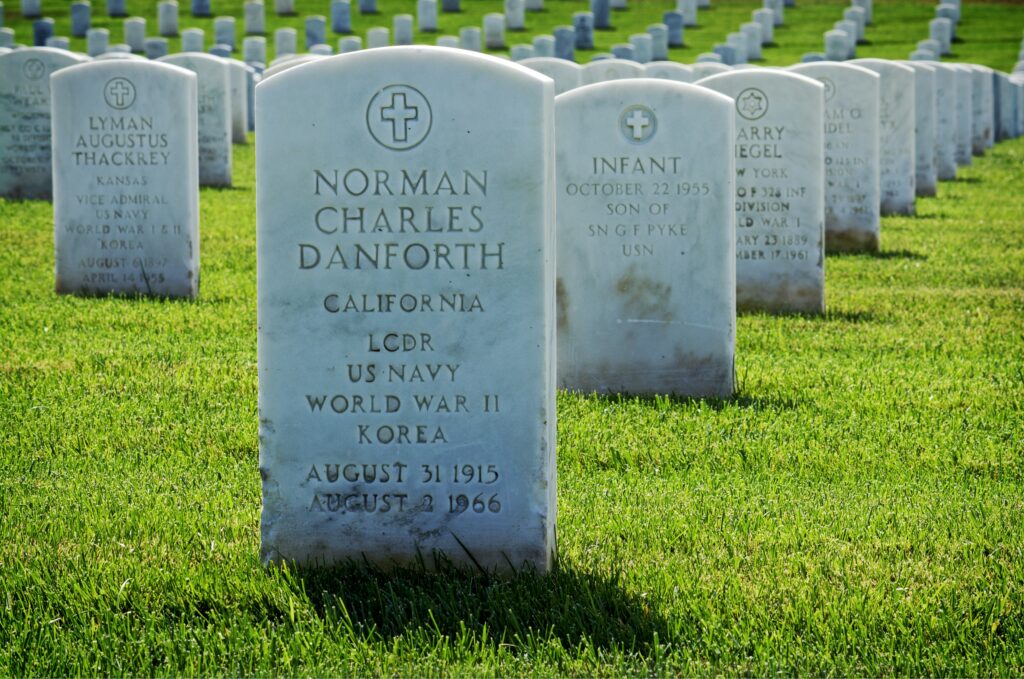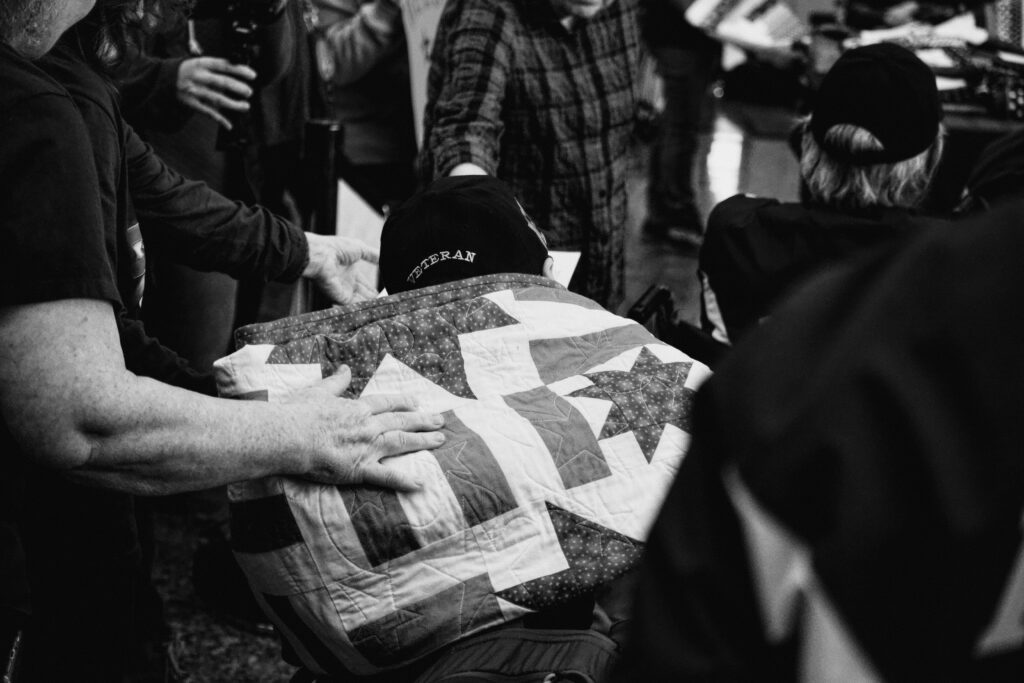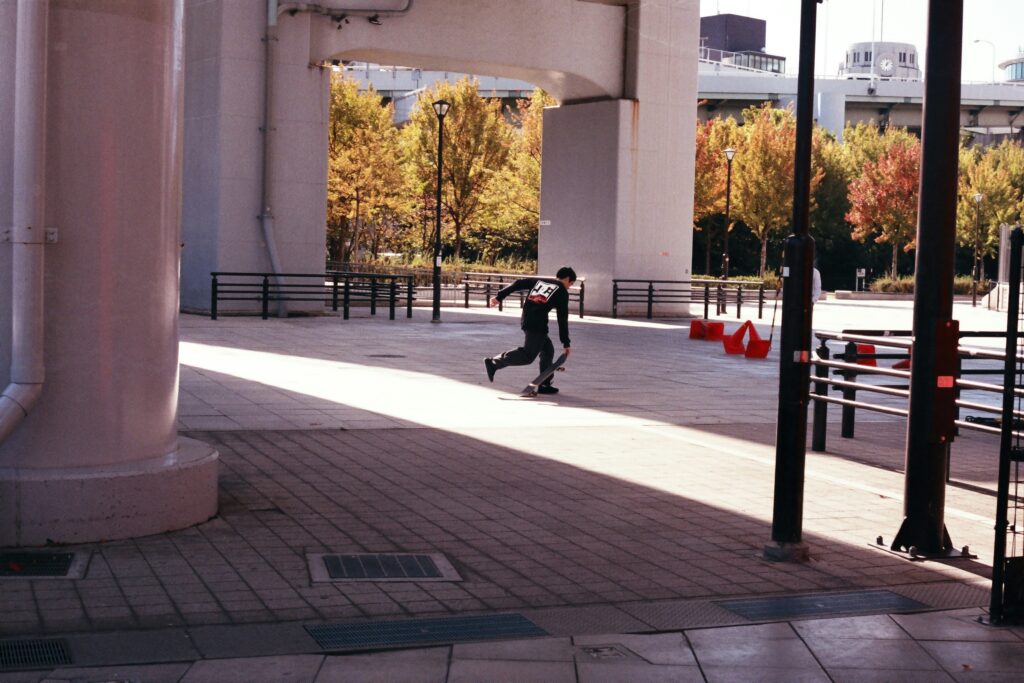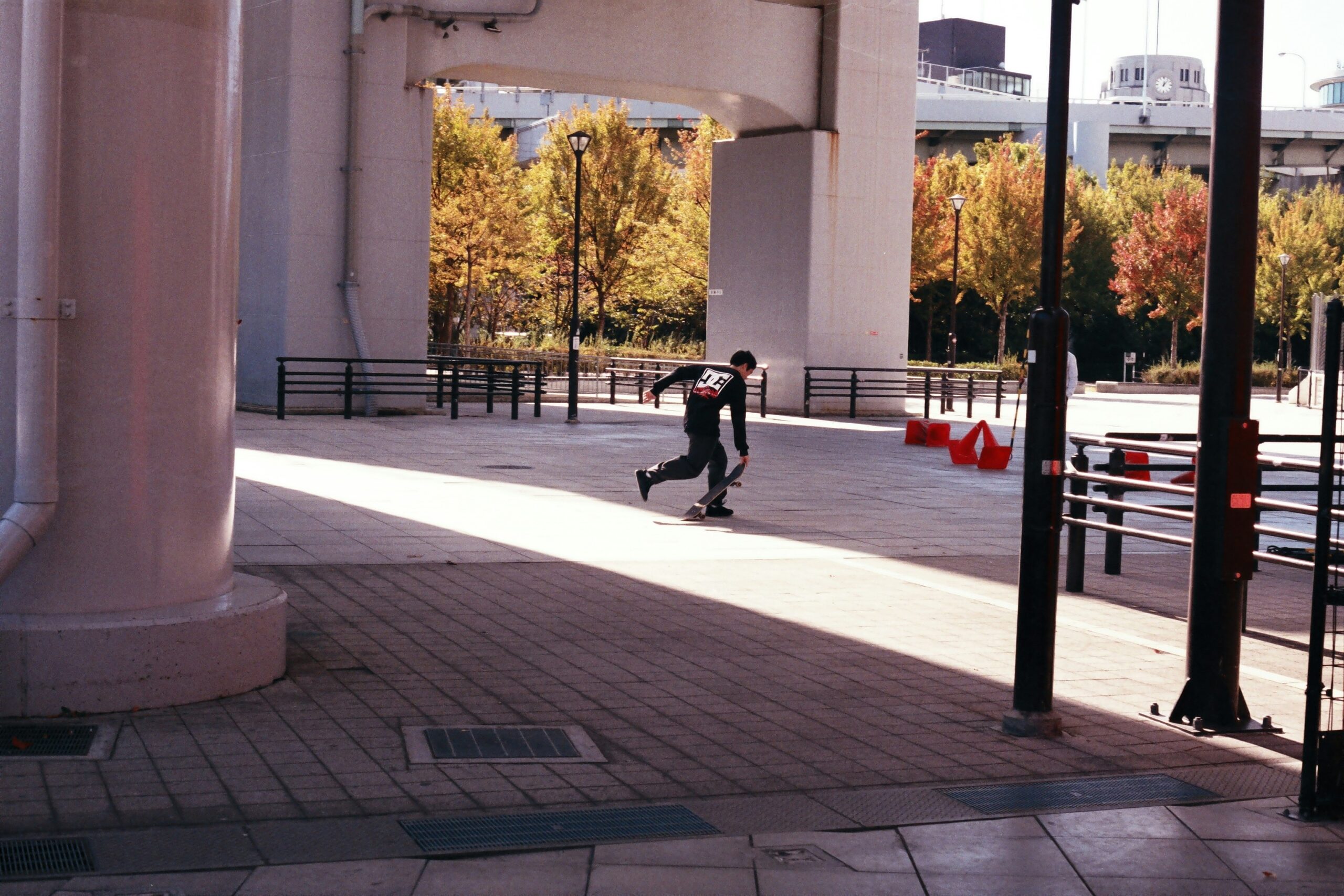Charlie Kirk’s Legacy
The sudden and violent death of American conservative activist Charlie Kirk has ignited a profound and fiercely polarized debate over Charlie Kirk’s legacy. The 31-year-old, who cultivated a massive following among young conservatives and held near-celebrity status, was killed by a single gunshot while on a university debate stage in Utah. His death has sent shockwaves across the political spectrum, forcing both his ardent supporters and vocal critics to confront not only the tragedy of political violence but also the lasting impact of his provocatively influential career.
For his millions of young fans, Charlie Kirk’s legacy is one of empowerment and spiritual awakening. Speaking to reporters in the hours following the news, many were in tears as they recalled a figure who spoke directly to their concerns, validating their conservative Christian values in a world they often felt hostile to their beliefs. To them, he was a bridge between their personal faith and their public identity, a man who gave them the courage to be unapologetically themselves in a cultural climate they perceived as overwhelmingly liberal. The very core of Charlie Kirk’s legacy is tied to this sense of boldness and conviction he instilled in his followers.

The college campuses where Kirk held large-scale events were the crucibles of his influence, but they were also the flashpoints of his most vocal opposition. His unyielding stance on issues like gun rights, his vehement anti-abortion position, his critique of transgender rights, and his promotion of false claims about Covid-19 made him a polarizing figure. His debates were legendary for their intensity, drawing large crowds of both fans and critics. Yet, despite the deep ideological chasms, many from both sides have been left shaken by the manner of his death. The debate over Charlie Kirk’s legacy is now inextricably linked to the tragic event that ended his life.
“I am sad, distraught,” said the left-wing influencer Dean Withers, 21, in an emotional video posted to his millions of followers. Withers, known for his political commentary and his direct debates with conservative figures including Kirk, stressed that gun violence “is always disgusting, always vile and always abhorrent.” His comments and those from others across the political spectrum underscore a shared horror at the act of political violence, regardless of one’s personal feelings about the victim. This broad consensus against violence stands in stark contrast to the disturbing comments that emerged online, which shockingly suggested that Kirk deserved his fate due to his stance on gun rights.
Withers himself, though a staunch critic, was clear that he did not believe Kirk’s ideas warranted his death. “It should come as no shock that I think Charlie Kirk was a bad person—I’ve made that very clear over the last year,” he stated. “But does that mean I think he deserves to lose his life? No.” This sentiment, that political disagreement should never justify bloodshed, has become a central part of the post-mortem conversation, defining the contours of the broader debate over Charlie Kirk’s legacy. The tragic irony of a figure who championed open debate being killed while debating is not lost on observers. As Kirk himself once said in a widely shared video, “When people stop talking, that’s when you get violence… that’s when civil war happens, because you start to think the other side is so evil and they lose their humanity.” His own words, now a chilling epitaph, serve as a stark reminder of the fragile nature of civil discourse.
For his supporters, Charlie Kirk’s legacy is built on the foundations of faith and traditional values. Influencer Savanna Stone, a 20-year-old from Florida who identifies as a “tradwife” (traditional wife), credited Kirk with giving her the confidence to publicly embrace her beliefs. “He was one of the main people who really helped me to be bold about my Christian faith,” she told the BBC. Stone, who believes that “feminism has really hurt the nuclear family and has hurt women,” said that Kirk’s critical perspective on feminist ideology helped her to think more critically and find her voice. This aspect of Charlie Kirk’s legacy—empowering individuals to embrace deeply conservative, traditional gender roles—resonates with a significant portion of his following.
It was through his debates that Kirk cultivated many of his most loyal followers. The explosive and often viral nature of his exchanges created an environment where his ideas were presented clearly and in direct confrontation with opposing viewpoints. Julia Pierce, a member of Kirk’s organization, Turning Point USA, for more than a decade, spoke to this, stating that Charlie Kirk’s legacy will be one of having given young conservatives the confidence to be themselves. “It used to be that for young people it was cool to be a Democrat. But he made it cool to be a Trump supporter and to wear the Maga hat and live your life with traditional family values,” she said.

Activist Chandler Crump, 20, who first met Kirk at the age of 14, echoed this sentiment. He recounted how Kirk’s message resonated with young Black leaders like himself. “We were young black leaders wearing Maga hats and he said it doesn’t matter if you are black or white,” Crump said. “Political figures tend to speak down to us – but he did not. He paid attention to us. That’s why young people listened to him.” For many, this is a defining and crucial part of Charlie Kirk’s legacy: his ability to connect with and empower a new, diverse generation of conservatives.
Conversely, for his detractors, Charlie Kirk’s legacy is a more complicated and often negative one. Sixteen-year-old Ellie from Brooklyn, New York City, a critic of Kirk, recounted how she initially “got angry” watching clips of his debates. After his death, she re-watched some of his videos. “I found the way he talks to people in a debate is not opening up any genuine discussion – especially when he debates with a woman. He tends to talk very fast and talk over them,” she said. While Ellie condemned the violence, her critique of his debate style highlights a common complaint among his opponents.
Josh Helfgott, another activist, was even more forceful in his critique, stating that Charlie Kirk’s legacy was defined by rhetoric that was deeply harmful to LGBTQ+ people. “He was the loudest homophobe in America, and his words caused immense harm to LGBTQ+ people,” Helfgott said, referencing a podcast where Kirk advocated for a ban on gender care. Helfgott argued that this was not merely “political theatre” but a “dangerous, real-world assault on LGBTQ+ safety and dignity.” This perspective argues that Kirk’s rhetoric had real-world consequences beyond the stage, shaping a more hostile environment for marginalized communities.
Specific details of the shooting: The date and time (September 10 at approximately 12:20 p.m. MDT), location (Utah Valley University), the type of weapon used (a bolt-action rifle), the distance of the shot (200 yards from a rooftop), and the fact that the suspect is still at large.
More about Charlie Kirk: His full name (Charles James Kirk), his family (wife Erika Frantzve and their two children), and the fact that his family was present at the event. His career path, from a high school activist to a co-founder of Turning Point USA.
Whether they agreed with him or not, the young people who spoke about his death all shared the concern that this act of political violence marks a dangerous turning point for freedom of speech. Tilly Middlehurst, a University of Cambridge student whose debate with Kirk went viral in May, expressed her dismay. “Political violence like this affects all of us, it doesn’t just affect the people that you disagree with,” she said. “This isn’t a step in the right direction. This isn’t fighting fascism. This is not what politics should look like.” In the end, as the debates over Charlie Kirk’s legacy continue, his death has cast a long shadow, prompting a chilling re-evaluation of the state of political discourse in America and the potential for ideological conflict to erupt into real-world violence.

The following video is a news report that captures the immediate aftermath of a similar shooting event, providing a parallel example of how eyewitnesses and reporters describe such incidents. Witness says he saw Charlie Kirk go limp after being shot



